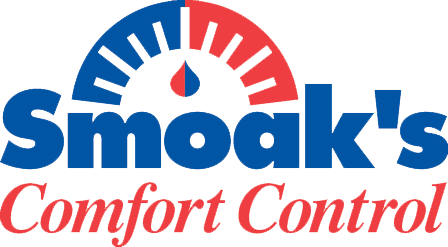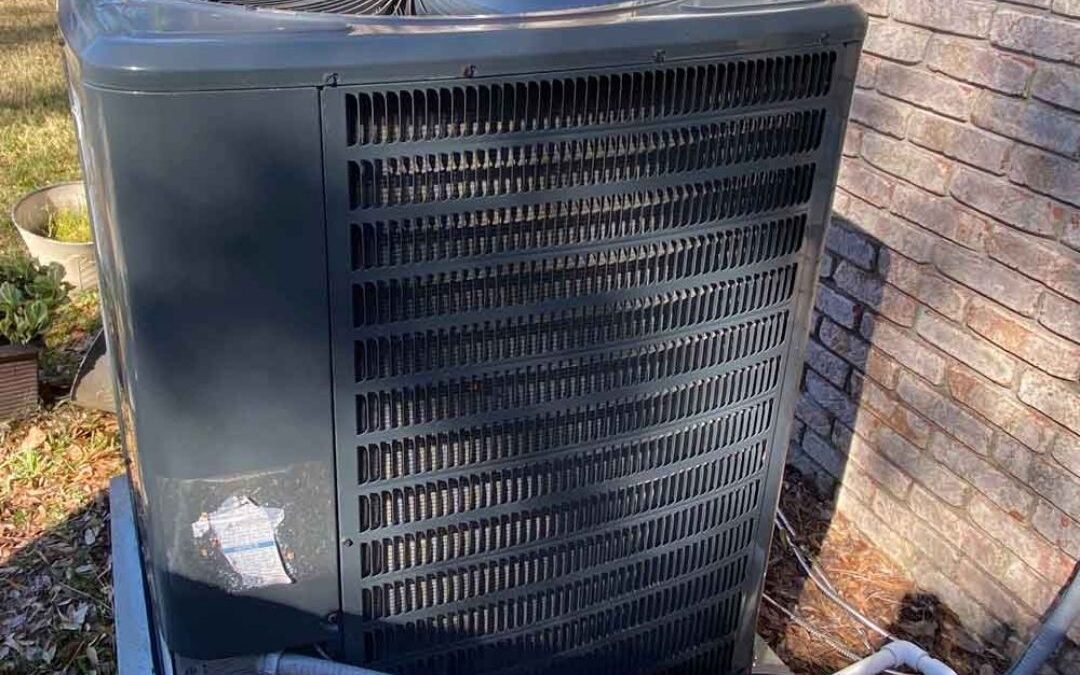Keeping your air conditioner running efficiently during the hot summer is essential for comfort and managing energy bills. With rising electricity costs, finding ways to maintain a cool, comfortable, and safe home without breaking the bank is crucial. Routine air conditioner maintenance can significantly reduce energy consumption, saving you money in the long run. This guide provides practical tips to help you achieve that, focusing on critical areas like maintenance, smart usage, and home improvements.
Understanding Your Air Conditioner’s Efficiency
Several factors, including the age of your unit, routine maintenance, and the room air conditioners in your home, influence an air conditioner’s efficiency. Efficient air conditioning systems use less energy to cool your home, leading to lower utility bills and a smaller carbon footprint.
Additionally, understanding the impact of insulation and sealing in your home can enhance your system’s efficiency. By addressing these aspects, you can ensure your air conditioner performs optimally even during peak summer heat.
Regular Maintenance is Key
Importance of Regular Maintenance
Regular air conditioner maintenance is vital for keeping your AC unit in top condition. Scheduled check-ups by an HVAC company can identify and fix minor issues before they turn into costly repairs, ensuring your central air and unit run smoothly. Maintenance services often include cleaning and inspecting components, which helps improve efficiency and extend the lifespan of your equipment. This proactive approach enhances performance and prevents unexpected breakdowns during critical times.
Benefits of Professional HVAC Maintenance
Professional maintenance services offer thorough inspections, cleaning, and tune-ups that you might miss during DIY maintenance. An HVAC company can provide a free system evaluation to assess your unit’s efficiency and suggest improvements. They also have the expertise to handle complex tasks like checking refrigerant levels and calibrating thermostats. Investing in professional maintenance ensures that your heating and air- conditioning system operates at peak efficiency, saving you money on energy bills and future repairs.
DIY Maintenance Tips
Changing Filters
Replacing dirty air filters on a regular basis is one of the simplest and most effective ways to improve your air conditioner’s performance. Clogged air filters force your system to work harder, increasing energy consumption and wear and tear. It’s recommended to check your filters monthly and replace them every 1-3 months, depending on usage. Clean filters not only enhance cooling efficiency but also improve indoor air quality by trapping dust and allergens.
Cleaning Condenser Coils
Clean condenser coils help your air conditioner cool more efficiently. Dust and debris can accumulate on the coils, reducing their ability to release heat. Regularly cleaning the coils can improve the condenser unit’s efficiency and prevent overheating. Use a soft brush or vacuum to remove dirt and consider professional cleaning for a more thorough job. Keeping the coils clean ensures your air conditioner runs smoothly and effectively.
Checking for Leaks and Blockages
Inspect your ductwork and refrigerant lines for leaks or blockages. Even small leaks can significantly reduce your system’s efficiency and increase energy usage. Use duct tape to temporarily seal any minor leaks until you can get professional help. Additionally, ensure that air vents are unobstructed to allow proper airflow throughout your home. Addressing these issues helps maintain the AC system at optimal performance and prevents unnecessary energy waste.
Smart Thermostat Usage
Benefits of Using a Programmable Thermostat
Programmable thermostats allow you to set your air conditioner to run only when needed, reducing unnecessary energy consumption. You can program it to increase the temperature when you’re away and cool down before you return home. This smart usage saves money and reduces wear on your HVAC system. Modern thermostats offer features like remote access and energy usage reports, helping you optimize your cooling strategy.
How to Set Your Thermostat for Maximum Efficiency
Set your thermostat to a higher temperature when you’re not home and lower it when you are. A difference of just a few degrees can result in substantial energy savings over time. Additionally, using ceiling fans can help your house distribute cool air more effectively, allowing you to set the thermostat higher while still maintaining comfort. Experiment with different settings to find the balance between comfort and energy efficiency.
Seal and Insulate Your Home
Tips on Sealing Windows and Doors
Ensure that windows and doors are properly sealed to prevent cool air from escaping and warm air from entering. Use weatherstripping and caulking to seal gaps and cracks. This simple step can significantly reduce the workload on your furnace or air conditioner, enhancing its efficiency. Regularly inspect these areas and reapply sealing materials to maintain an airtight home environment.
Importance of Proper Insulation
Proper insulation keeps your home cooler in the summer and warmer in the winter, reducing the strain on your air conditioner. Insulating your attic, walls, and floors can lead to significant energy savings. Additionally, insulation helps maintain a consistent indoor temperature, improving overall comfort. Investing in high-quality insulation materials is a cost-effective way to enhance your heating and cooling efficiency.
Energy-Saving Habits
Simple Habits to Reduce Energy Consumption
Adopting energy-saving habits can help keep your bills low. Turn off lights and electronics when the outdoor unit is not in use, use fans to circulate cool air, and take advantage of natural ventilation by opening windows during more excellent parts of the day. These small changes can collectively reduce your energy consumption. Additionally, scheduling regular HVAC maintenance can ensure your system operates efficiently throughout the year.
Using Fans and Natural Ventilation
Fans can help distribute cool air more evenly throughout each room in your home, allowing you to set your thermostat a few degrees higher. Natural ventilation, such as opening windows at night, can also reduce the need for air conditioning. Combining these methods can create a comfortable indoor environment without relying solely on your AC unit. This approach not only saves energy but also promotes better air circulation and indoor air quality.
Upgrade to Energy-Efficient Systems
Benefits to Modern, Energy-Efficient AC Units
Modern air conditioners are more energy-efficient and can cool your home more effectively than older models. Upgrading to an energy-efficient unit can lower energy bills and improve comfort. These units often have advanced features like variable speed motors and smart thermostats. Additionally, they use eco-friendly refrigerants that are better for the environment.
Financial Incentives and Rebates
Many energy-efficient systems qualify for financial incentives and rebates, making the upgrade more affordable. Check with local utilities and government programs for available offers. These incentives can significantly reduce the initial cost of new equipment, making it a wise investment. Additionally, some HVAC companies offer financing options to spread the cost over time, easing the financial burden.
Utilize HVAC Maintenance Agreements
Overview of What Maintenance Agreements Include
HVAC maintenance agreements typically include regular inspections, priority service, and discounts on repairs. These agreements ensure your system receives consistent care, preventing breakdowns and extending its lifespan. They also provide peace of mind, knowing that your heating and cooling equipment is always in top condition. Maintenance agreements are a cost-effective way to manage your ongoing HVAC repair needs.
How They Save Money in the Long Run
Maintenance agreements help you avoid costly repairs and replacements by keeping your air conditioner in peak condition. They also improve efficiency, leading to lower energy bills and enhanced comfort. Regular professional maintenance can extend the life of your unit, delaying the need for a costly replacement. Over time, the savings on energy bills and repair costs can more than offset the installation cost and the agreement itself.
Maintaining your air conditioner efficiently is crucial for comfort and cost savings. Regular maintenance, smart thermostat usage, proper sealing, and insulation, and adopting energy-saving habits can make a significant difference. Upgrading to modern, energy-efficient units and utilizing HVAC maintenance agreements are also excellent strategies. Contact us today for comprehensive HVAC services and expert advice to ensure your air conditioner runs smoothly all summer.

